After 3 years of being affected by Covid-19, on December 5, the 27th Asian International Coffee Conference (Coffee Outlook) was held again in Ho Chi Minh City.
The conference was attended by more than 150 delegates from the International Coffee Organization (ICO), Coffee Associations of various countries, corporations and businesses involved in the fields of production, processing, import and export of coffee in Vietnam and internationally.
The conference is an opportunity for businesses to meet, exchange, connect, share information and update the production status - the latest trends in the coffee market, the potential for consumption growth of the coffee markets of China, India, Thailand, Philippines, Australia...
Speaking at the conference, Mr. Nguyen Nam Hai, Chairman of the Vietnam Coffee - Cocoa Association (Vicofa), assessed that the 2022-2023 coffee crop is a difficult and challenging one for farmers and corporations and businesses participating in the coffee production and import-export business chain.
 |
| Full picture of the 27th Asian International Coffee Conference |
In this context, global coffee exports in 2022-2023 are expected to decline due to the global macroeconomic environment that is not conducive to consumer confidence, rising inflation combined with high interest rates in many key economies, increasing the cost of living, thereby reducing disposable income levels over the long term for most countries in the world.
However, the 2022-2023 coffee crop has also achieved remarkable results. According to data from the International Coffee Organization (ICO), the total coffee production in the 2022-2023 crop year worldwide reached 171.3 million bags, up 1.7% compared to the 2021-2022 crop year.
Forecasting the 2023-2024 coffee crop, Mr. Nguyen Nam Hai said that the new coffee crop has now been through 2 months and is forecast to continue to be a difficult and challenging crop for the world coffee industry. Climate change with extreme weather events will greatly affect the global coffee supply, reducing productivity, output and quality.
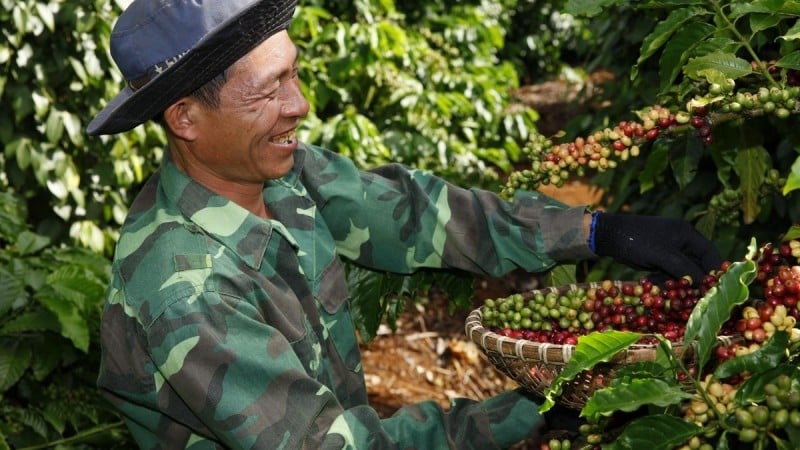 |
| Coffee prices forecast for 2023-2024 crop year will continue to increase |
Vietnam is in the harvest season of the new crop year and has harvested about 50% of the country's coffee output. Some regions have harvested late due to heavy rain, so the expected output is much lower than expected.
“Due to the impact of climate change and crop conversion when coffee prices in recent years have been too low, Vietnam's coffee exports in the first 11 months of 2023 decreased by nearly 13% compared to the same period in 2022. It is likely that Vietnam's coffee exports will decrease by nearly 15% in 2023,” Mr. Nguyen Nam Hai predicted.
Mr. Do Ha Nam, Vice Chairman of Vicofa, Chairman of the Board of Directors of Intimex Group, also said that 2023 is a special year for the coffee industry when domestic and export coffee prices continuously increase. Notably, there was a time when domestic coffee prices increased to 70,000 VND/kg. This is the highest price in many years.
Although coffee prices in 2023 are expected to increase, many coffee areas have converted their previous crops to grow durian, fruit, etc. "Each hectare of coffee currently brings in a profit of about 200 million VND, while avocado trees bring in 1-1.5 billion VND, 5 times more than coffee. Therefore, it is very difficult to keep farmers with coffee trees," said Mr. Do Ha Nam.
According to Mr. Nam, according to data from the Ministry of Agriculture and Rural Development, Vietnam's coffee area is currently at 700,000 hectares, but in reality it may only be over 600,000 hectares. Accordingly, in the 2023-2024 crop year, Vietnam's coffee output is expected to decrease slightly to about 1.6-1.7 million tons, compared to 1.78 million tons in the 2022-2023 crop year, and coffee prices will continue to increase and establish a new price level. "Vietnam's coffee prices will continue to increase at least until April 2024 until Indonesia and Brazil enter the new harvest season," Mr. Nam predicted.
At the conference, domestic and international experts also emphasized the requirements for sustainable development and green growth for the global coffee industry. Accordingly, from the beginning of the 2023-2024 crop year, the coffee industry must have an action plan to implement adaptation to the EU Deforestation and Forest Degradation Regulation (EUDR), the Carbon Border Adjustment Mechanism (CBAM) and the European Union's carbon certification. The step-by-step implementation of these programs demonstrates the global coffee industry's responsibility for protecting the environment, protecting nature, and minimizing the impact of climate change...
Ms. Vanúsia Nogueira - Executive Director of the International Coffee Organization (ICO) said that Vietnamese coffee producers must comply with common regulations and laws. This is a prerequisite for exporting coffee to Europe, especially in the context that all parties involved are considering and exploring the market. Coffee producers must demonstrate responsibility to the environment and society if they want to bring their products to the world market. This is very important.
“I think coffee producers in Vietnam have been doing this. However, businesses need to market to make importers more aware of this,” Ms. Vanúsia Nogueira emphasized.
Source link



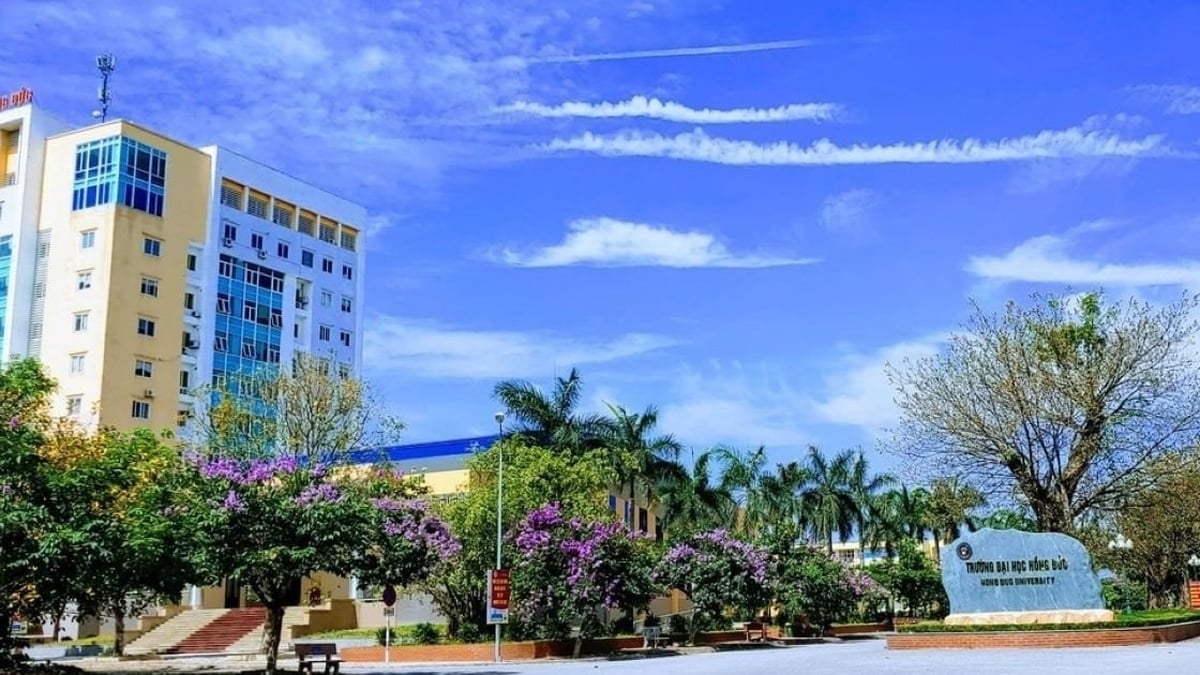
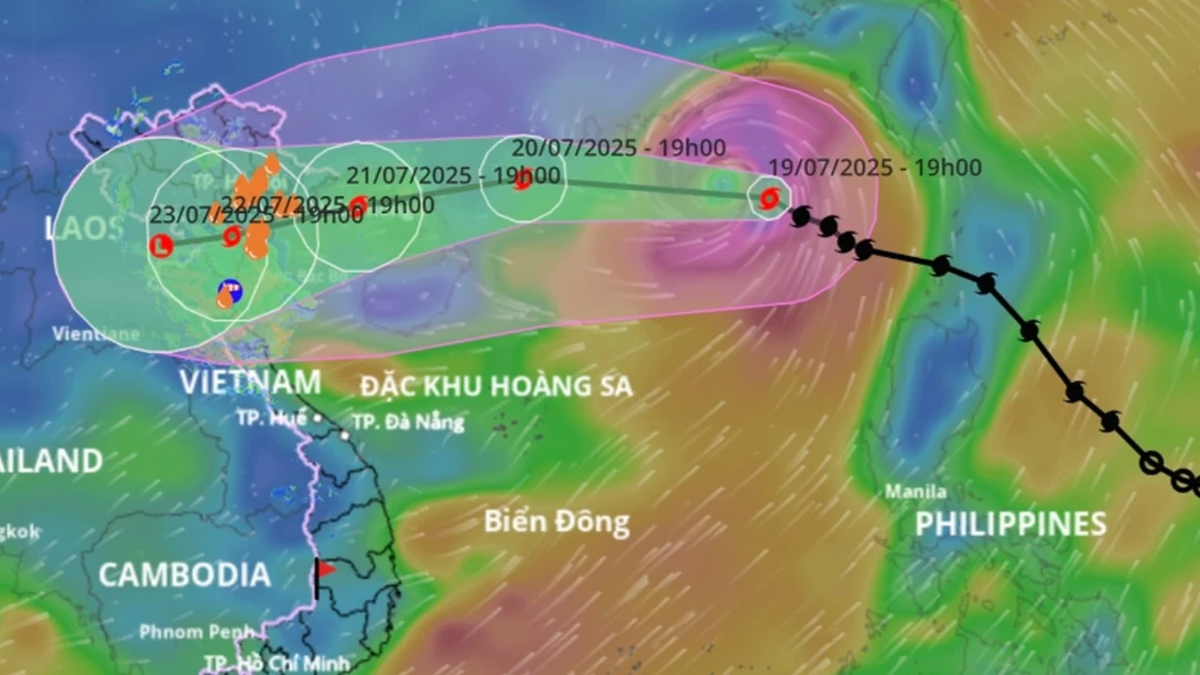

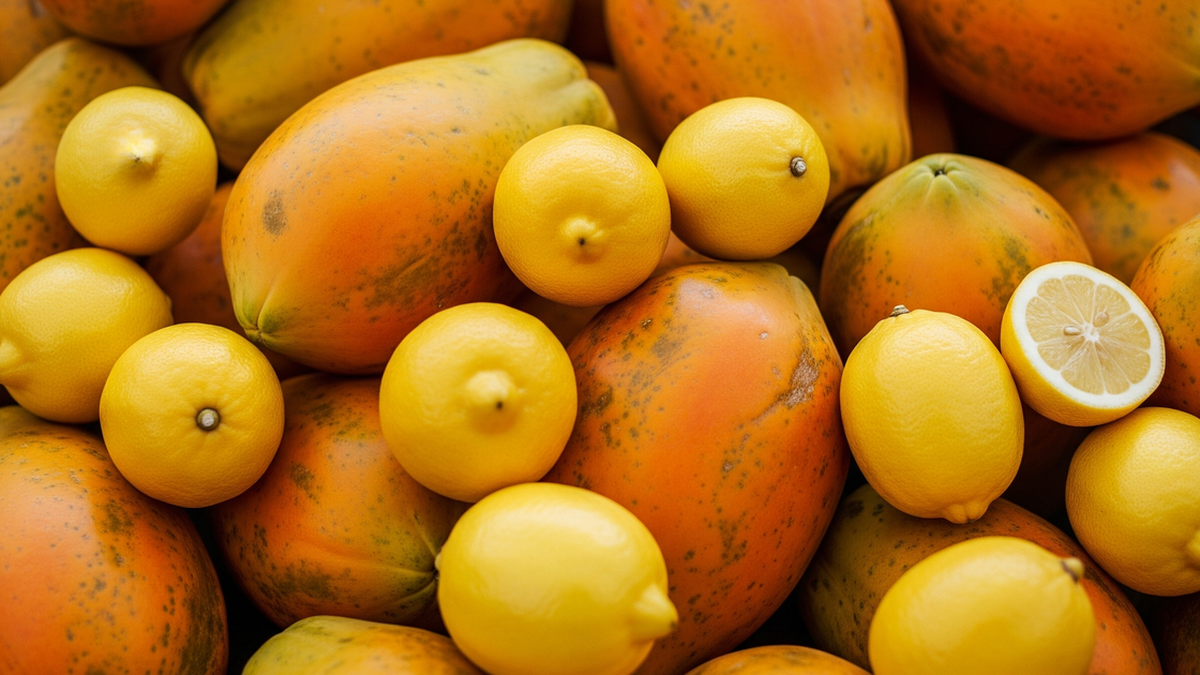



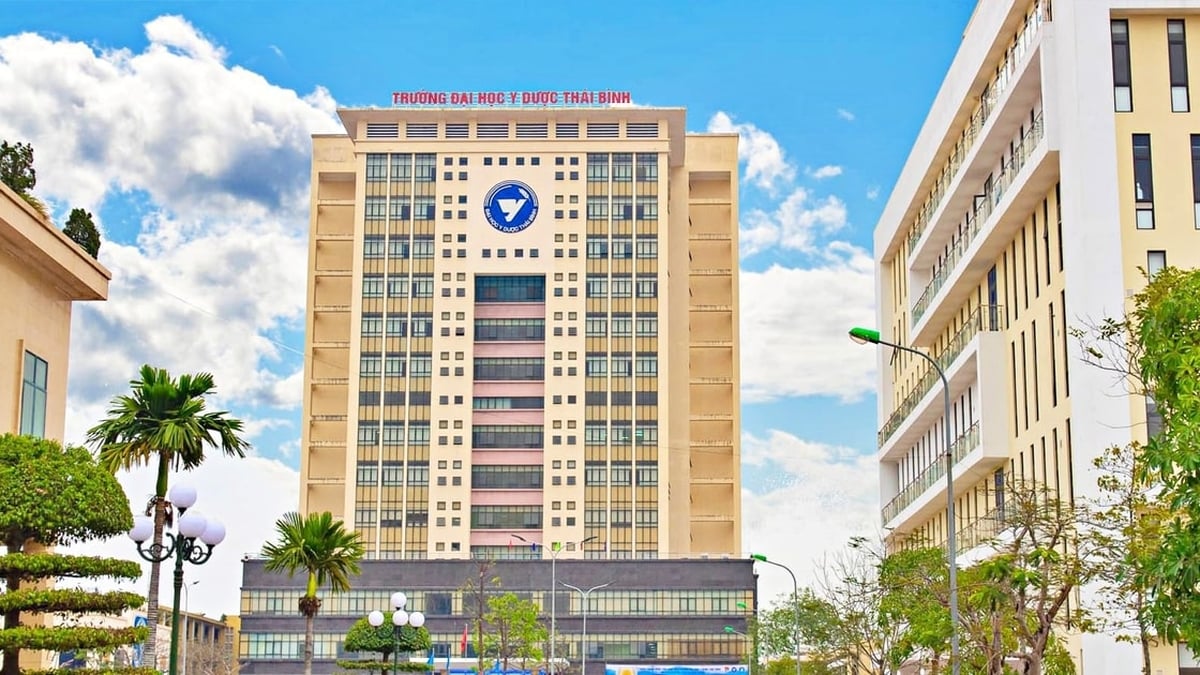
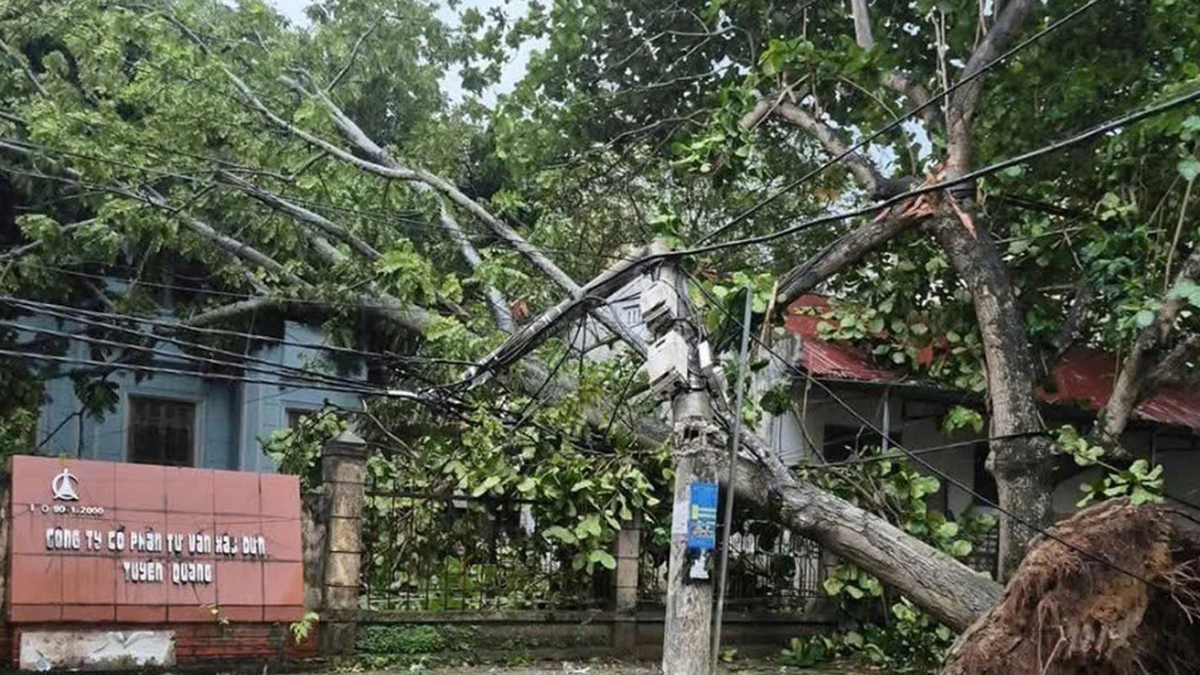






















































































Comment (0)